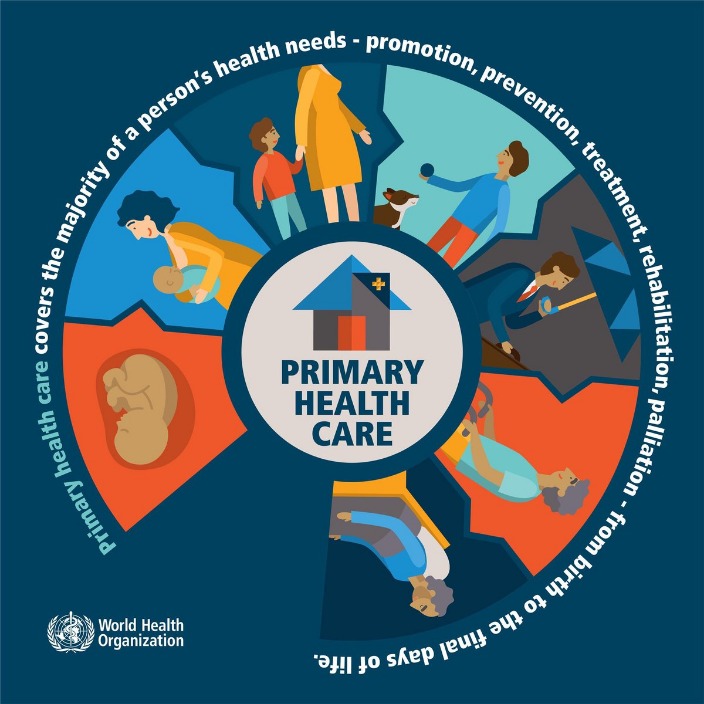
Access to adequate health care is a fundamental human right and a crucial aspect of a functional society. Over the years, advancements in technology and medical research have revolutionized the way we approach health care, leading to improved patient outcomes and increased overall well-being. However, despite these advancements, the health care system continues to face numerous challenges that hinder its effectiveness and accessibility for all individuals.
The Role of Technology in Health Care
One of the most significant advancements in health care in recent years has been the integration of technology into medical practices. From telemedicine and electronic health records to wearable devices and artificial intelligence, technology has played a crucial role in enhancing patient care and streamlining processes in hospitals and clinics. For example, telemedicine allows patients to consult with healthcare providers remotely, eliminating the need for in-person visits and increasing access to medical expertise for individuals in rural or underserved areas.
Challenges in the Health Care System
Despite these technological advancements, the health care system faces several challenges that must be addressed to ensure the well-being of all individuals. One major challenge is the rising cost of health care, which can place a significant financial burden on patients and limit their access to necessary medical treatments. Additionally, disparities in access to care and quality of care exist among different populations, highlighting the need for comprehensive healthcare reform to ensure equitable access to health care services for all individuals.
The Future of Health Care
Read more about Mobile Integrated Health here.
As we look to the future, it is crucial that policymakers, healthcare providers, and technology experts work together to address the challenges facing the health care system and to continue to innovate and improve patient care outcomes. By focusing on preventative care, promoting healthy lifestyles, and leveraging technology to enhance patient engagement, we can create a health care system that is more efficient, accessible, and responsive to the needs of all individuals.
In conclusion, while advancements in technology have transformed the health care system, challenges persist that require a comprehensive and collaborative approach to address. By investing in preventative care, promoting equity in access to care, and leveraging technology to enhance patient outcomes, we can revolutionize health care and ensure the well-being of all individuals for generations to come.





